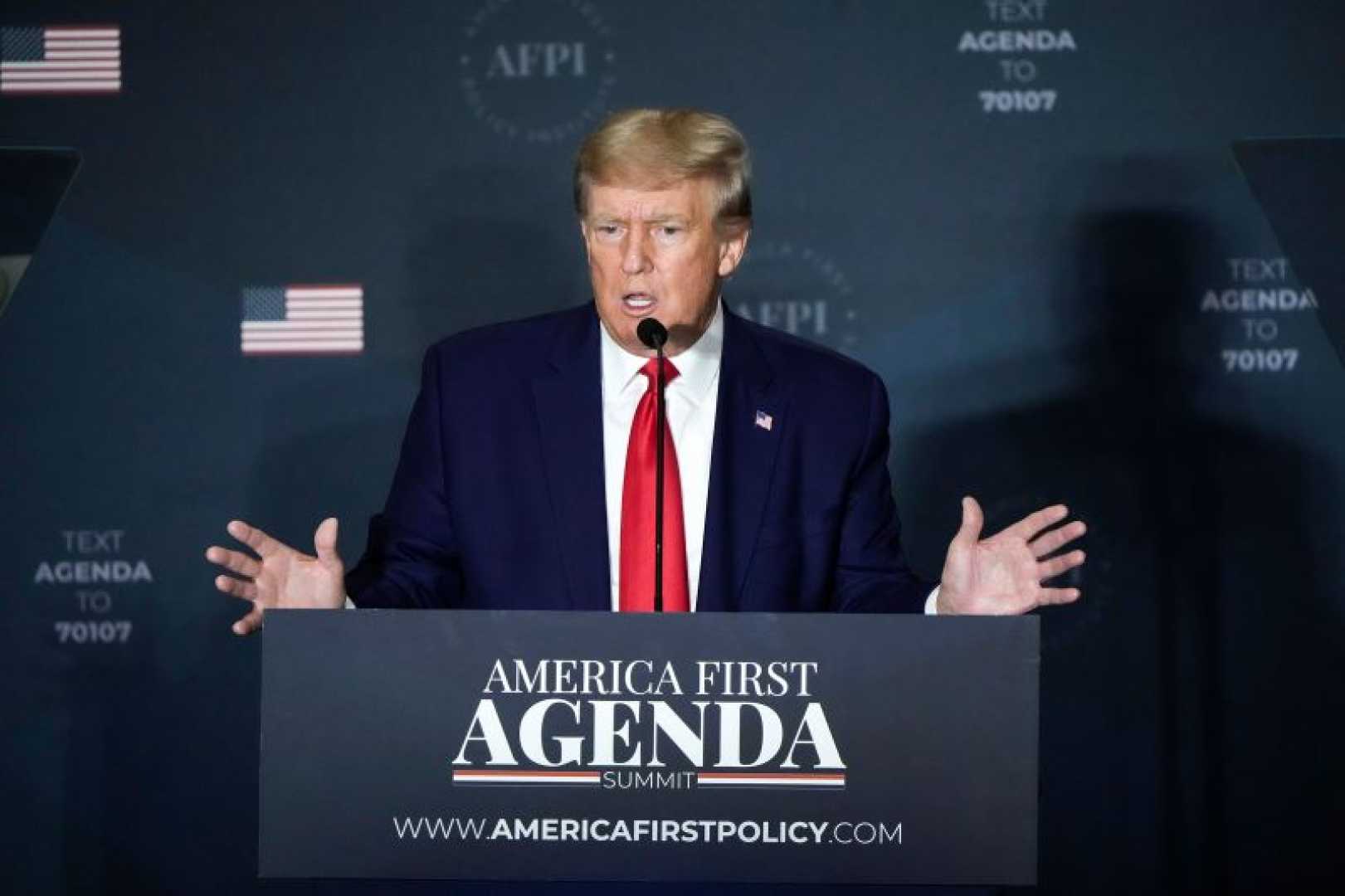Politics
Trump’s ‘America First’ Agenda: Implications for U.S. and Global Politics

The return of Donald J. Trump to the U.S. presidency following the 2024 elections marks a significant shift in American and global politics. Trump’s second term is expected to be characterized by a bold, inward-focused economic agenda and a recalibration of foreign alliances and trade practices, all under the umbrella of his “Make America Great Again” promise.
Domestically, Trump’s administration will prioritize U.S. manufacturing and aim to limit outsourcing, a strategy designed to restore America’s economic self-reliance. An ambitious fiscal agenda is also on the horizon, with Trump working closely with high-profile business leaders like Elon Musk. Musk is set to lead a new government efficiency commission focused on cutting $2 trillion from the $6.8 trillion federal budget by streamlining regulatory processes and reducing government overhead.
In terms of foreign policy, Trump’s return signals significant shifts in U.S. alliances, particularly within NATO. Trump has consistently demanded greater financial responsibility from European allies, a stance that has already prompted Germany to explore conscription and may lead other NATO countries to follow suit. This approach is intended to reduce American expenditures while asserting the U.S. as a strong but conditional ally in the region.
Trump’s foreign policy is also expected to be heavily influenced by his new appointees, including Senator Marco Rubio as secretary of state and Congressman Michael Waltz as National Security Advisor. Both Rubio and Waltz are known for their hawkish views on China, which they see as a major threat to U.S. economic and military might. They are likely to play key roles in shaping Trump’s “America First” foreign policy, which includes ending U.S. military entanglements in Ukraine and the Middle East.
Additionally, Trump has announced Tom Homan as the country’s “border czar,” tasked with fulfilling his promise of mass deportations of undocumented migrants. This move aligns with Trump’s broader immigration policies, which have been a central theme of his campaign and presidency.
Trump’s engagement with China is expected to be cautious but firm, with a focus on protecting American economic interests. While Trump may push for concessions in trade agreements and technology sharing, his approach will also aim to manage tensions in a way that benefits the U.S. economically and strategically. This could involve increased competition with countries like India and Vietnam, which are seeking to expand their manufacturing capabilities.
Overall, Trump’s return to the White House represents a renewed focus on American self-reliance, strategic pragmatism in foreign policy, and a transformation in public discourse. His policies are set to redefine America’s role in an increasingly multipolar world, with long-term impacts likely to reverberate beyond his presidency.












